hdsr.mitpress.mit.edu/pub/3i97j340...
Comments welcome!

hdsr.mitpress.mit.edu/pub/3i97j340...
Comments welcome!
(1) I just opened my lab at Boston Children’s Hospital (Harvard-affiliated)
(2) I’m hiring a postdoc focused on integrating GWAS and functional genomic data. Reach out if you’re interested or connect at ASHG next week!
(3) Learn more at stroberlab.com

(1) I just opened my lab at Boston Children’s Hospital (Harvard-affiliated)
(2) I’m hiring a postdoc focused on integrating GWAS and functional genomic data. Reach out if you’re interested or connect at ASHG next week!
(3) Learn more at stroberlab.com
I am attempting an explainer thread for the first time here:
(I am usually too exhausted to post one)

I am attempting an explainer thread for the first time here:
(I am usually too exhausted to post one)
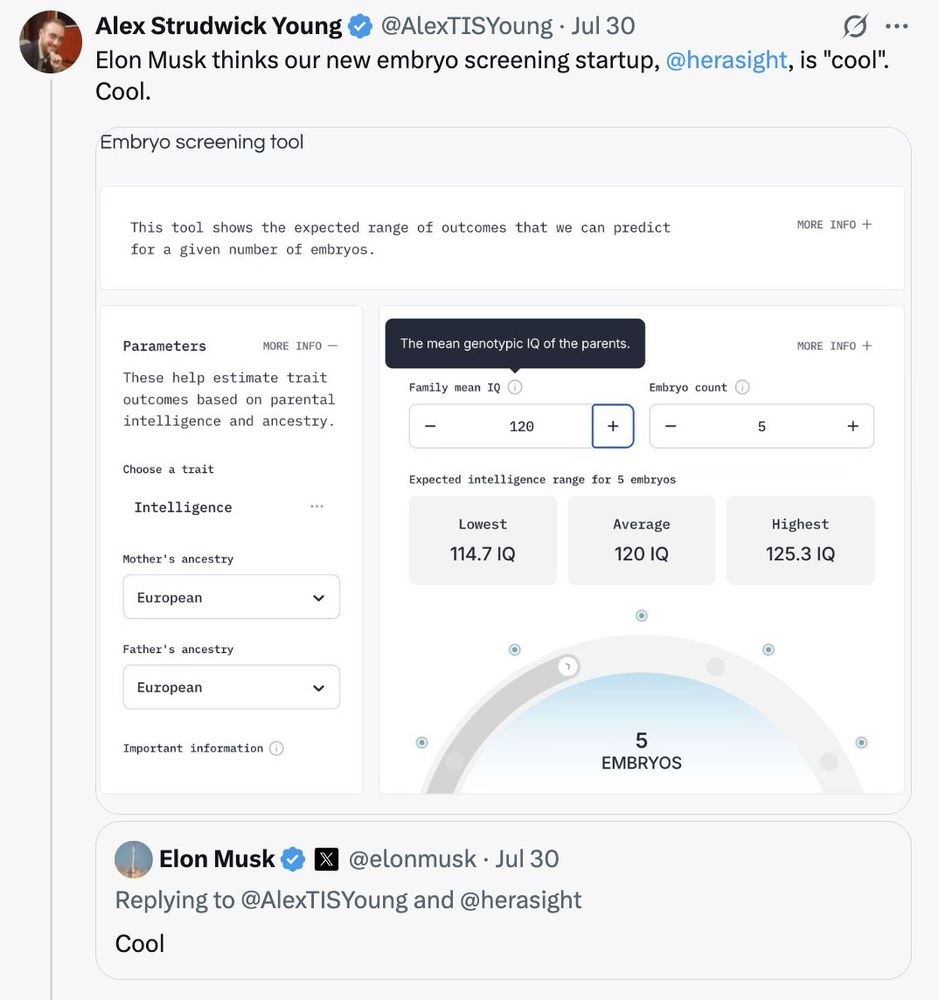
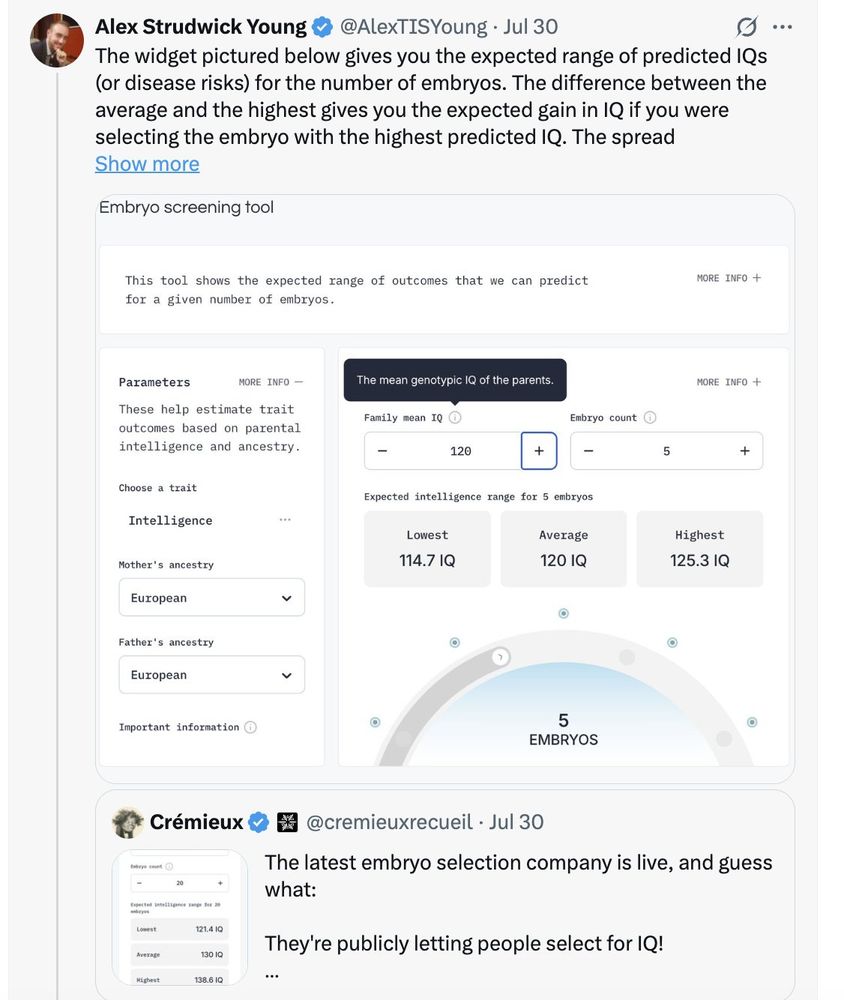

innovativegenomics.org/news/first-p...
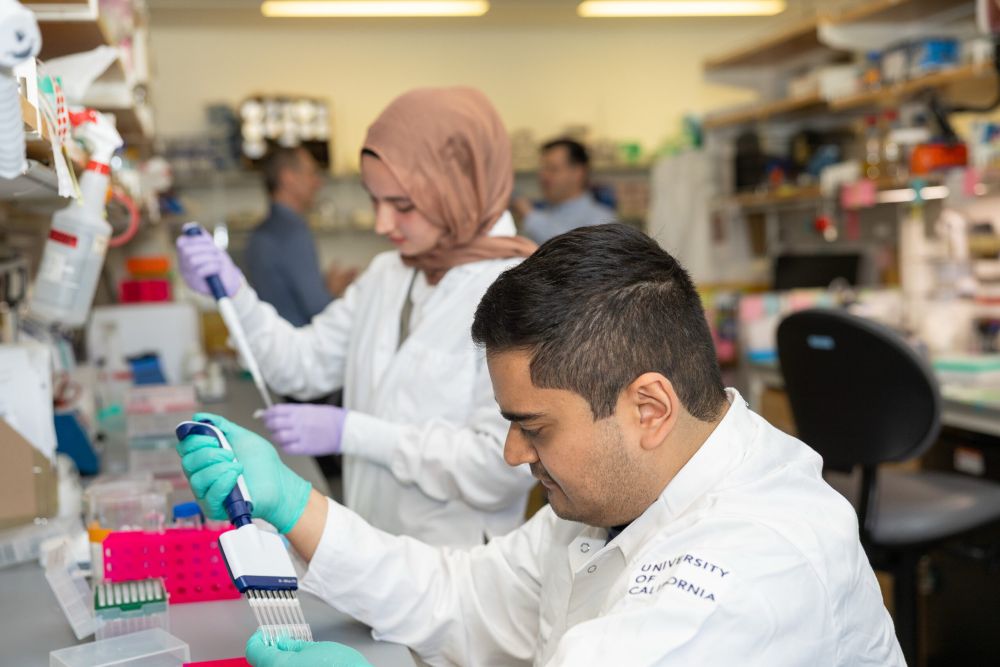
innovativegenomics.org/news/first-p...
To understand gene regulation across diverse environmental conditions and cellular contexts, we treated a broad array of human cell types with three environmental exposures in vitro.
www.biorxiv.org/content/10.1...
To understand gene regulation across diverse environmental conditions and cellular contexts, we treated a broad array of human cell types with three environmental exposures in vitro.
www.biorxiv.org/content/10.1...



There will be a training over zoom at the beginning of the event.
Join us!
form.jotform.com/250226137228...

There will be a training over zoom at the beginning of the event.
Join us!
form.jotform.com/250226137228...
I'm very excited to present our new work combining associations and Perturb-seq to build interpretable causal graphs! A 🧵
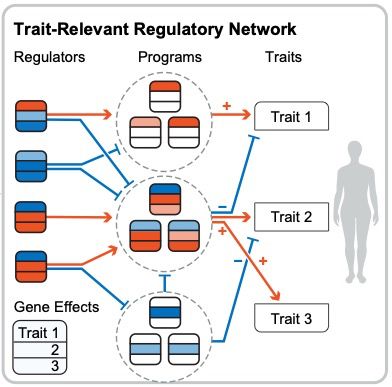
I'm very excited to present our new work combining associations and Perturb-seq to build interpretable causal graphs! A 🧵
@minetoota.bsky.social
@minetoota.bsky.social


"In particular, [GWAS] variants can be trait specific in two ways: they can either affect a trait-specific gene or affect a pleiotropic gene in a context-specific manner."
Do these studies find the most IMPORTANT genes? If not, how DO they rank genes?
Here we present a surprising result: these studies actually test for SPECIFICITY! A 🧵on what this means... (🧪🧬)
www.biorxiv.org/content/10.1...

"In particular, [GWAS] variants can be trait specific in two ways: they can either affect a trait-specific gene or affect a pleiotropic gene in a context-specific manner."
Do these studies find the most IMPORTANT genes? If not, how DO they rank genes?
Here we present a surprising result: these studies actually test for SPECIFICITY! A 🧵on what this means... (🧪🧬)
www.biorxiv.org/content/10.1...

Do these studies find the most IMPORTANT genes? If not, how DO they rank genes?
Here we present a surprising result: these studies actually test for SPECIFICITY! A 🧵on what this means... (🧪🧬)
www.biorxiv.org/content/10.1...
A quick thread about the importance of thinking about all traits at once 👇 1/6 (🧪🧬)
A quick thread about the importance of thinking about all traits at once 👇 1/6 (🧪🧬)
www.nature.com/articles/s41...
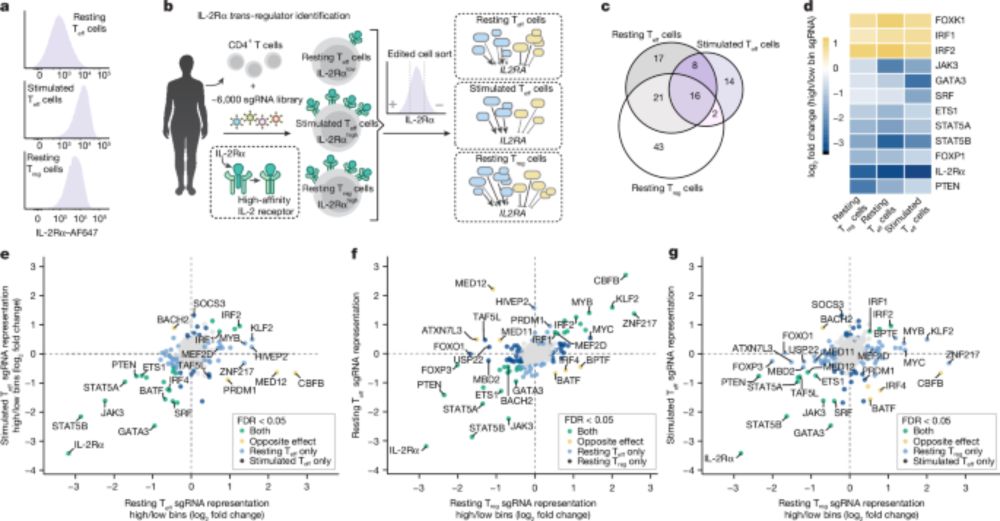
www.nature.com/articles/s41...

www.cell.com/cell-genomics/fulltext/S2666-979X(24)00330-6
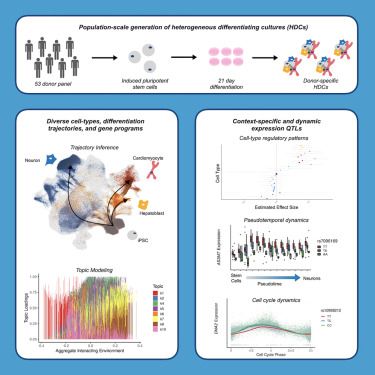
www.cell.com/cell-genomics/fulltext/S2666-979X(24)00330-6

www.cell.com/cell-genomics/fulltext/S2666-979X(24)00330-6

